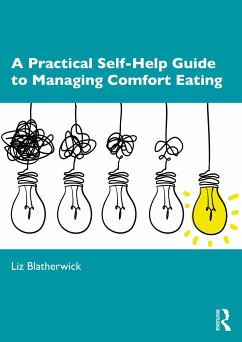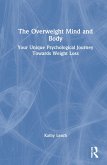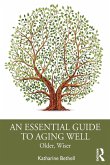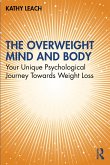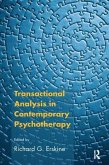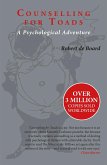A Practical Self-Help Guide to Comfort Eating is a workbook that helps build understanding and make sense of emotional or comfort eating, and offers new ways to think about and manage relationships with food and weight.
Based on a tried and tested ten-week course, the book uses an integrative therapeutic approach, underpinned by a transactional analysis ego-state model. It is intended to help readers work out what they might really be hungry for when they eat emotionally and help them better understand the underlying issues that contribute to their emotional eating. This workbook offers a range of skills and exercises that can help manage uncomfortable feelings without using food, and the reader is encouraged to try as much as they can and then begin to work out what works for them.
With a wealth of case studies and exercises, this highly practical book will be helpful to anyone struggling between their emotional eating habits and their body weight.
Based on a tried and tested ten-week course, the book uses an integrative therapeutic approach, underpinned by a transactional analysis ego-state model. It is intended to help readers work out what they might really be hungry for when they eat emotionally and help them better understand the underlying issues that contribute to their emotional eating. This workbook offers a range of skills and exercises that can help manage uncomfortable feelings without using food, and the reader is encouraged to try as much as they can and then begin to work out what works for them.
With a wealth of case studies and exercises, this highly practical book will be helpful to anyone struggling between their emotional eating habits and their body weight.
This workbook is to help people understand and make sense of their comfort eating, work out reasons for comfort (or emotional) eating, provide new ways about how to manage a person's unhealthy relationship with food and body size, as well as to help people to resolve the real issues of excess eating in order to help individuals live fully and happily. The focus of this book is not on weight loss per se, but to help people move forward to feel happier and more confident with their weight. This holistic approach will allow people to shift their focus on strategies to lose weight away from food, which in my experience will make people more likely to lose weight.
Iskandar IDRIS, Associate Professor in Diabetes, Honorary Consultant Endocrinologist and Bariatric Physician, University of Nottingham & University Hospital Derby & Burton Foundation Trust
This book is written with the author's extensive experience of running groups for people who sometimes deal with emotions via food - which probably describes the majority of us to a greater or lesser degree. The style is friendly and supportive, while offering manageable and clear ways forward to suit the reader's individual pace for change.
Helen Birchall. Consultant Psychiatrist, Eating Disorders (retired)
Iskandar IDRIS, Associate Professor in Diabetes, Honorary Consultant Endocrinologist and Bariatric Physician, University of Nottingham & University Hospital Derby & Burton Foundation Trust
This book is written with the author's extensive experience of running groups for people who sometimes deal with emotions via food - which probably describes the majority of us to a greater or lesser degree. The style is friendly and supportive, while offering manageable and clear ways forward to suit the reader's individual pace for change.
Helen Birchall. Consultant Psychiatrist, Eating Disorders (retired)

